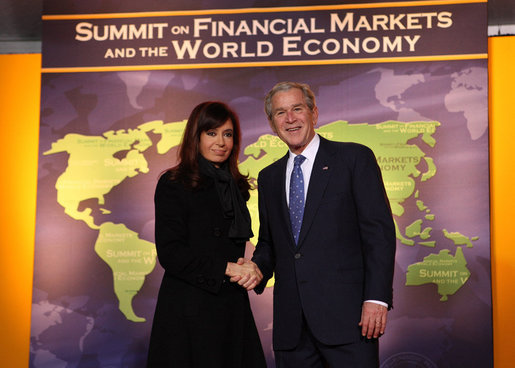Bitcoin Surpasses $100K Milestone Amid Regulatory Developments
Bitcoin has officially become the most valuable cryptocurrency, exceeding $100,000 for the first time, driven by regulatory changes signaling a pivotal moment in the digital currency market.

Bitcoin Surpasses $100K Milestone Amid Regulatory Developments
The cryptocurrency sector has experienced dramatic fluctuations recently, marking a significant milestone as Bitcoin has officially become the most valuable cryptocurrency, surpassing the $100,000 mark for the first time. This surge has seen the top cryptocurrency increase by over 50% in just two months, delighting Bitcoin holders and signaling that cryptocurrencies are firmly establishing their presence in the financial landscape.
Regulatory Catalysts and Market Impact
The catalyst for this remarkable rally traces back to President-elect Donald Trump’s commitment to relax cryptocurrency regulations, alongside his nomination of Paul Atkins as the new chair of the US Securities and Exchange Commission (SEC). This news not only propelled Bitcoin to new heights but also uplifted other digital currencies, including Ether and XRP, as well as a range of best growing cryptocurrency related stocks.
“They’re dubbing it the ‘Paul Haul,’ which aided Bitcoin in crossing the $100K threshold,” remarked Perianne Boring, founder of the Digital Chamber, during a discussion with Yahoo Finance. This sentiment reflects a broader confidence in Atkins, regarded by many in the crypto community as a supporter of digital assets, especially when contrasted with the outgoing SEC Chair Gary Gensler. On Thursday, Trump celebrated this achievement on his Truth Social platform with a triumphant message: 'CONGRATULATIONS BITCOINERS!!!'
Challenges in the Chip Industry
In contrast to the euphoric sentiment in the crypto market, chipmakers had a challenging week, particularly Intel. Following the unexpected retirement of CEO Pat Gelsinger, Intel's stock took a downturn in the chip industry. The board’s decision to part ways with Gelsinger was made amid disappointing stock performances and ongoing concerns about the turnaround strategy for its foundry business.
Gelsinger had been pivotal in redirecting Intel toward manufacturing chips for other companies, enabling the firm to secure $7.8 billion in funding through the CHIPS Act. 'There seemed to be discord between Gelsinger and the board,' commented Mandeep Singh, a senior technology analyst at Bloomberg Intelligence. Christopher Danely, Citigroup’s head of US semiconductor research, added that Gelsinger's dedication to the foundry business contributed to his departure.
Insights from Mario Morales, IDC vice president of enabling technologies and semiconductors, clarified that terms of the CHIPS Act funding prevent Intel from divesting a controlling interest in its manufacturing capabilities, meaning the company must retain control over its production capacity. In the meantime, Intel appointed CFO David Zinser and Michelle Johnston Holthaus, CEO of Intel Products, as co-CEOs during the search for a permanent replacement.
Market Boost and Economic Outlook
Meanwhile, broader market sentiment was boosted by Friday's release of the monthly nonfarm payrolls report, adding a layer of optimism to ongoing economic discussions.




